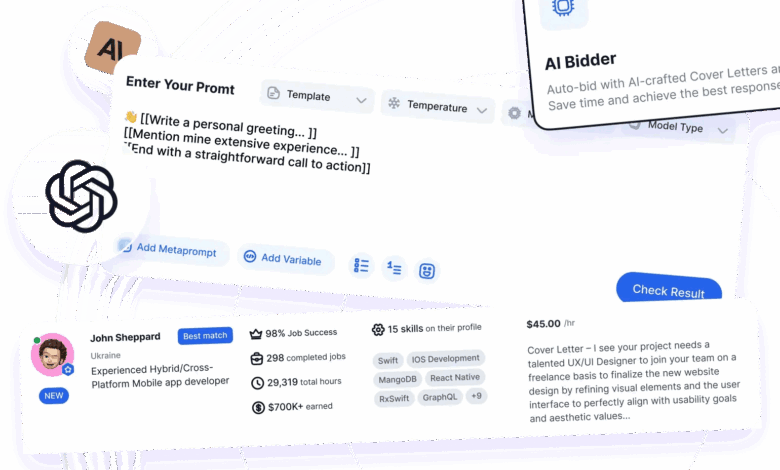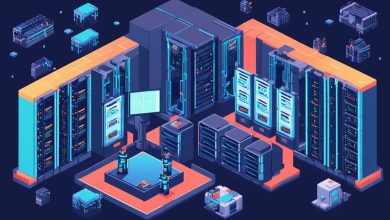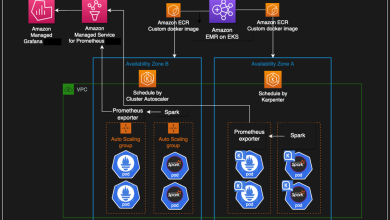
The traditional 9-to-5 job format undergoes a paradigm shift, demonstrating transformational change in the work structure and performance. In a survey of 3,000 skilled knowledge workers conducted by Upwork, was revealed that one in four (28%) worked in a freelance or non-traditional work model, opting for greater control over their career, financial future, and ability to pursue work that is meaningful to them.
Flexible employment has undergone significant growth in recent years. Such factors as the lack of employee development investments, greater desire for a work-life balance and more control over career and finance encourage job seekers to become a part of the gig economy. In 2024, about 20 million skilled knowledge freelancers in the United States collectively earned more than $1.5 trillion. Moreover, people who earn only through freelancing report a median income of $85,000, outshining their full-time employees at $80,000.
High-growth companies are rapidly turning to non-traditional talent models—and the benefits are clear. Among over 400 publicly traded U.S. firms, those in the top 25% for year-over-year revenue growth are far more likely to incorporate freelancers (45%), managed services (50%), human-AI collaboration (41%), and external agencies (39%) into their workforce planning. Nevertheless, many businesses remain cautious: 59% express concerns about managing multi-company teams, and 41% still question the value of AI-driven tools.
The increasing role of AI in reshaping work dynamics
In the rapidly evolving work dynamics, artificial intelligence(AI) plays an increasing role in reshaping its paradigm. More and more AI comes in handy in daily work tasks, automating or augmenting their performance. The late 2023 studies show the rapid AI adoption across Danish workers. ChatGPT helped them to halve working times in about a third of their tasks.
In August 2024 study found, that 39% of working-age US adults had used generative AI, with about a quarter using it weekly. The biggest AI impact on productivity was noticed in software engineering, writing, customer service, consulting, translation, legal analysis, and data science areas. Being an independent gig worker requires strong project management and productivity optimization to achieve greater results. This is why freelancers are turning to AI tools, which help them cover these needs.
- AI-powered job matching & marketplaces
When it comes to such platforms as Upwork, Fiverr, and Toptal, finding the right job can be a daunting task. Here’s where AI helps to enhance job matching by analyzing vast amounts of data to connect freelancers with relevant opportunities. Machine learning algorithms analyze the budget, payment type, job title, description keywords, and client data to help freelancers and agencies receive the most relevant jobs in real-time. Personalized proposals, optimized operations, and enhanced bidding automation significantly improve profile views, resulting in higher engagement and more successful bids on platforms like Upwork.
- Automation & AI assistants: boosting productivity
AI tools like ChatGPT and Jasper cover the daily needs of freelancers in creating website content, brainstorming, and research. This allows them to save time by automating repetitive tasks and maintaining consistency in tone and style across content.
Aiming to diversify income streams, gig workers tend to provide services using different platforms. AI-driven financial management tools assist freelancers in managing their finances, invoicing, and budgeting. Some platforms even provide a legal entity and VAT number to invoice cross-border customers, lowering barriers to starting freelancing immediately.
- The evolution of gig work: from low-skill to high-skill AI integration
According to the extensive report, AI is also moving beyond automation into skilled domains, such as AI-assisted programming, design, and technical writing. According to Anthropic, most queries sent to Claude fell into the “computer science and mathematics” category. These included tasks such as modifying software, debugging code, and troubleshooting network issues. The second largest category was “art, design, sports, entertainment and media” (10.3%). This was mostly for various types of writing and editing, including proofreading.
- The challenges: ethics, job displacement, and competition
AI expansion also provokes concerns regarding job displacement. How soon and which jobs will be taken are the issues on the agenda. More than 1,000 U.S. workers surveyed in January 2025 recognized the AI’s impact on job displacement. 43% personally knew someone displaced by AI and 89% expressed concerns about their own job stability.
Goldman Sachs, one of the global banking leaders, estimated that up to 300 million jobs globally could be replaced by automation over the next ten years. But now it doubts the prediction’s accuracy, stating that AI agents like ChatGPT are still far from exerting a significant impact on the labor market. Despite the various AI concerns such as data privacy, problem-solving, and jobs displacement are still relevant, AI remains a powerful tool for collaboration and automation.
- AI and the future of the gig economy
Freelancing is becoming the future of skilled knowledge work. Today, 36% of full-time employees are considering a shift to freelancing in pursuit of better opportunities, while only 10% of freelancers are interested in returning to traditional jobs. Gen Z is driving this transformation, where 53% of skilled Gen Z professionals are already freelancing. This shift is set to accelerate as Gen Z will make up 30% of the USA workforce by 2030.
The broader impact of AI reaches beyond automation and augmentation, it creates new opportunities for work, particularly within the gig economy. AI and gig work introduce an unparalleled opportunity for underserved communities where traditional job prospects are limited and opens a window of possibility for workers to find their clients anywhere in the world. By offloading routine responsibilities to AI-driven systems, workers are freed from monotonous activities and can invest their time and energy towards more value-added tasks as well as upskilling and professional development.
Investing in ongoing education and professional development initiatives will equip workers with the skills needed to stay competitive and adaptable in today’s rapidly changing job market.
Even though the use of algorithms in gig economy platforms introduces concerns regarding bias in task allocation, pay rates, and worker evaluations, the collaboration across governments, platforms, workers, and civil society will help to develop and implement measures to mitigate bias and promote more robust solutions. Policymakers and platform operators must join forces to develop frameworks that ensure fair compensation, benefits, and protections for gig workers.





